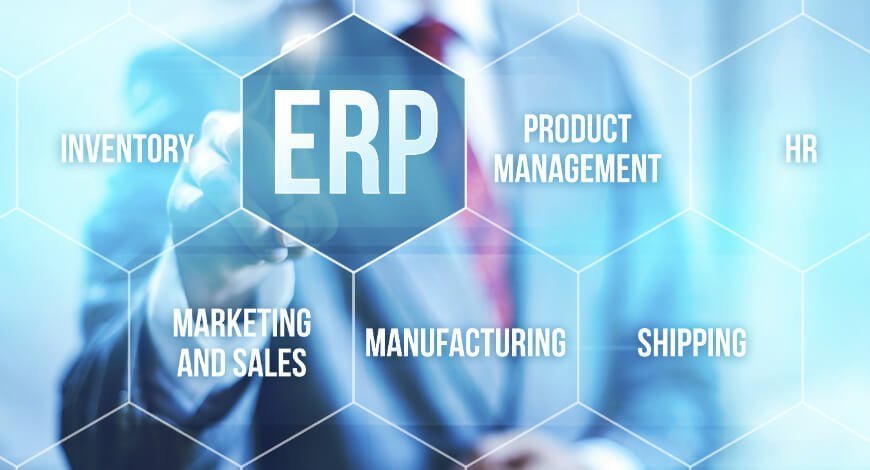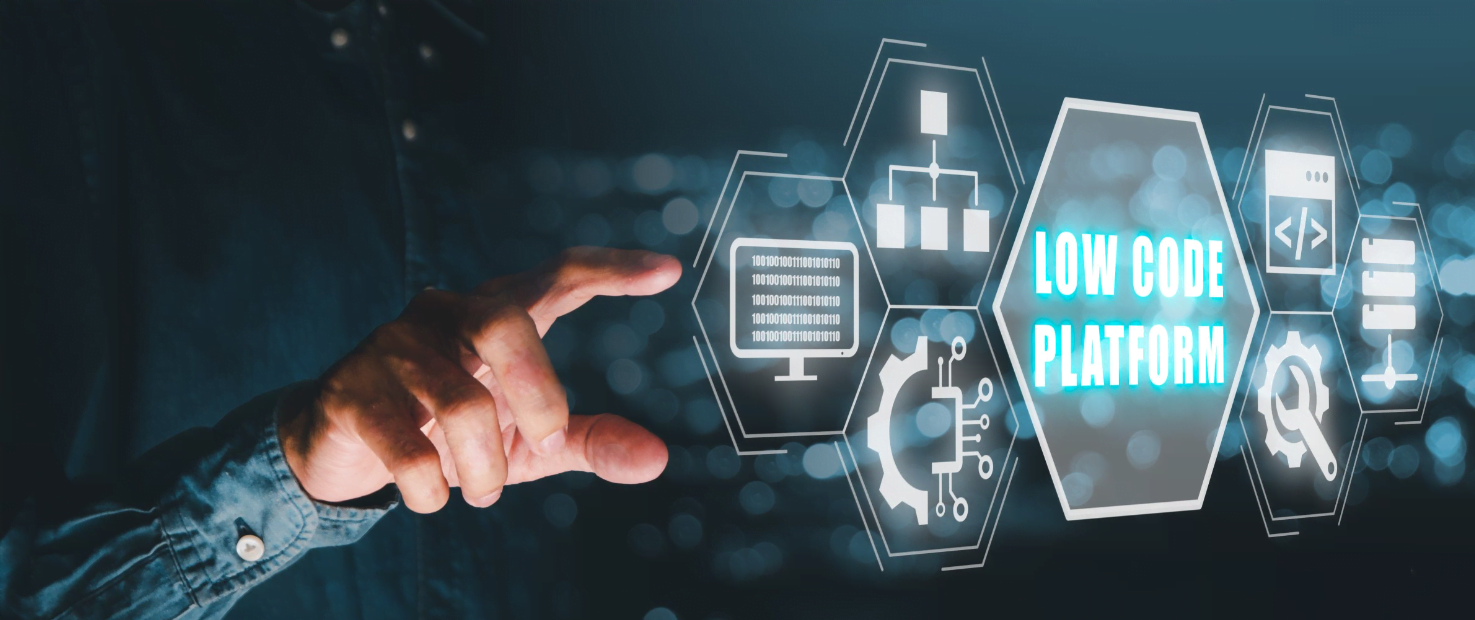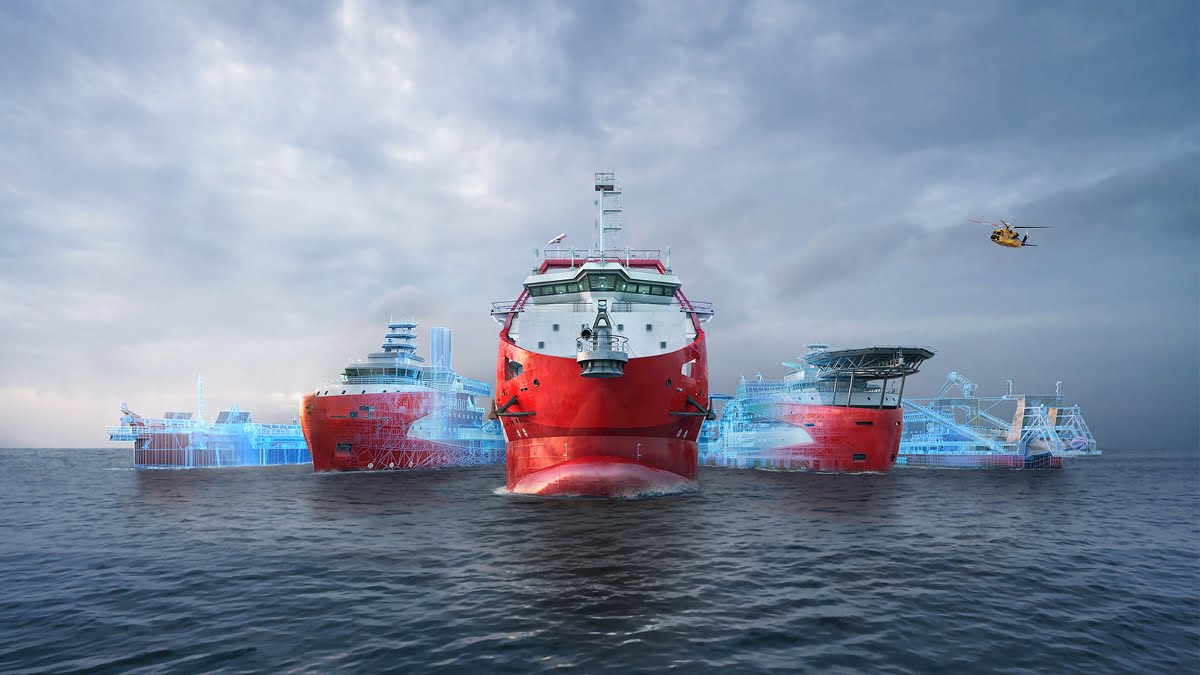Maritime Manufacturing Industry
The Netherlands is known as a maritime nation with a strong maritime manufacturing industry. However, companies in this sector are facing challenges due to changes in other industries and the integration of supply chains, leading to increased complexity. The market now demands quicker innovation and shorter time-to-market. To address these challenges, the Smart Maritime initiative aims to focus on digitization, climate adaptation, and innovation.
The goal is to develop (unmanned) ships and systems that effectively cooperate for maritime safety and security. In order to maintain a leading position on the world stage, the maritime industry must undergo a transformation that embraces digitization.
Bizzomate, as an industry specialist, understands the unique challenges and opportunities of the maritime manufacturing industry. They offer low-code solutions that provide the flexibility and speed necessary to shorten time-to-market and stay ahead of the competition. This transformation is essential for ensuring that the maritime industry remains independent, secure, and prosperous.
We will take you further!
Fewer errors
Through centrally stored master data.
User-friendly data entry
Which saves a lot of time.
Modernize legacy software
Free your organization from the limitations of outdated software.
Low-Code in the Maritime Industry
Low-code offers effective solutions for the maritime manufacturing industry. The time-to-market is significantly reduced, allowing you to innovate faster and link systems together better.
Think a fully digital docs & parts environment where you can place orders instantly to a notification on your smartphone that the oil filters of dredge #23 need to be replaced. With a high-impact approach, low-code offers rapid development and high-level innovation, keeping you at the forefront of competition.
What people say about us
Experts in complex applications
At Bizzomate, we show that process automation can be done differently. Instead of expensive and delayed projects, we deliver customized low-code applications of high quality and, most importantly, applications that fit the need. This allows you to quickly respond to the challenges within your organization. We are a proven partner that adds value to complex problems, such as maintenance procedures, inventory management and obsolete systems. Together we identify key challenges and develop the best solutions.
Expert partner
70+ Mendix Low-Code experts, recognized European Mendix Cloud Partner of the Year.
10+ years of low-code experience
With 10+ years of Low-Code experience, there is always an expert to solve your company’s challenge.
Fun
Expertise and quality are our top priorities, and we also ensure that cooperation is always pleasant and inspiring.
Expert in the maritime sector
Builder of high-impact solutions for dozens of companies such as Royal IHC, Van Der Loo Yacht Interiors and Feadship.
Frequently asked questions:
What is the importance of Low-Code in the industry?
Low-code platforms are crucial in the maritime manufacturing industry because of their ability to accelerate software development, reduce costs and improve collaboration between technical and non-technical teams. They offer flexibility, better integration and customized solutions, allowing companies to accelerate their digital transformation and remain competitive. This leads to faster implementation of innovations and more efficient application maintenance.
What specific challenges can Low-Code help solve in the industrial sector?
Low-Code can reduce the complexity of production lines, improve quality control, and facilitate the integration of supply chains. It accelerates innovation and reduces reliance on scarce IT resources, allowing companies to respond faster to change.
How does Low-Code ensure that maritime companies remain competitive in a rapidly changing market?
Low-Code enables maritime companies to remain competitive in a rapidly changing market by significantly accelerating application development and deployment. This shortens time-to-market, allowing companies to innovate faster and bring new solutions to market faster. This speed allows maritime companies to respond flexibly to changing market conditions and customer needs, thereby maintaining a competitive advantage.
Is Low-Code the solution to achieve Smart Maritime's goals?
Yes, Low-Code supports the goals of Smart Maritime by enabling fast and cost-effective application development. It easily integrates with existing systems, facilitating real-time data analysis and automated decision making. Read more in the Maritime Manufacturing Sector Agenda No Guts, No Dutch Glory from the central government.
How do you link OT and IT?
OT (Operational Technology) and IT (Information Technology) can be linked together through the use of IoT (Internet of Things) and integration platforms such as Low-Code solutions. IoT devices collect and transmit data from operational systems to IT systems, where this data can be analyzed and used for real-time monitoring and decision-making. A Low-Code platform can serve as a bridge between OT and IT, bringing together data from both domains into one clear and accessible system.
What steps is Smart Maritime taking to promote climate adaptation and innovation?
Smart Maritime promotes climate adaptation and innovation by:
- Digitization: Implementation of advanced digital solutions such as low-code platforms for more efficient processes and faster innovation.
- Climate Adaptation: Development of (unmanned) ships and systems adapted to changing climate conditions.
- Integration: Seamless integration of supply chains for holistic understanding and reduced complexity.
- Real-time monitoring: Using sensors and IoT for real-time data analysis and more informed decisions.
- Iterative development: Continuous improvement and adjustment based on customer feedback.
- Efficiency: Modernization of obsolete systems, error reduction and increased efficiency through central data storage and user-friendly interfaces.
What do we do in the maritime sector?
Challenge us!
Complicatedmaintenance procedures, extensive inventory management or an outdatedapplication landscape?
We are Low-Code experts in complex environments and we are happy to help.























